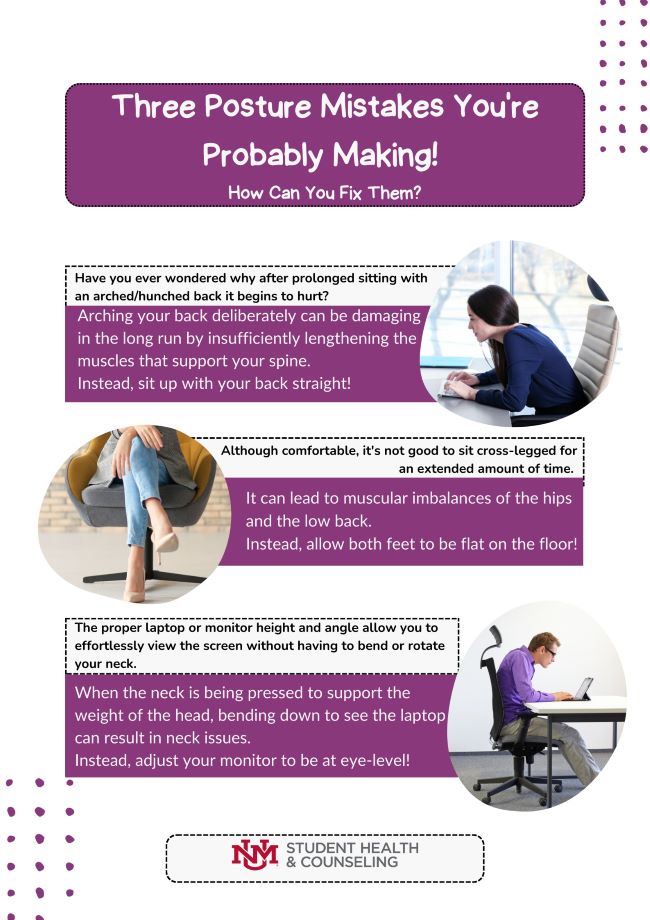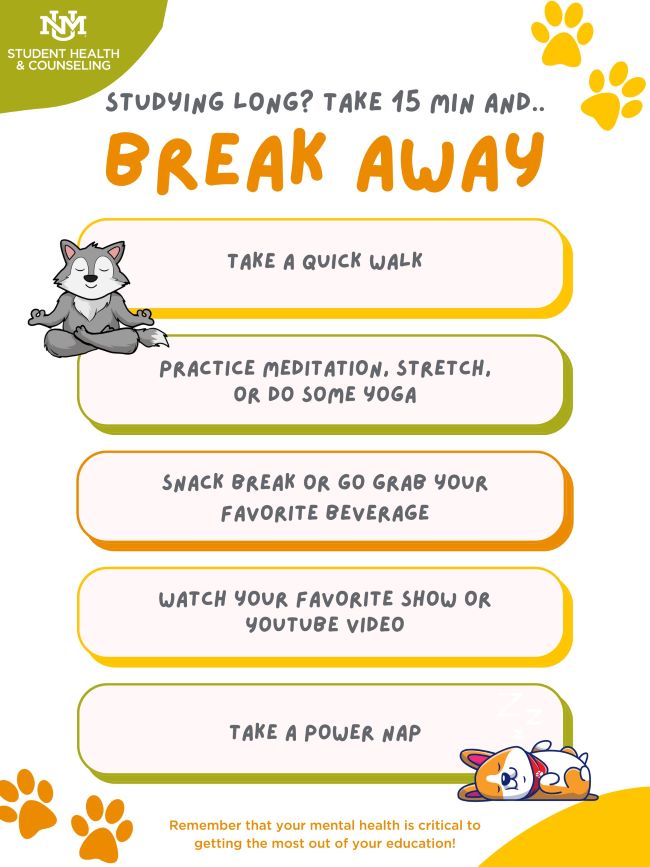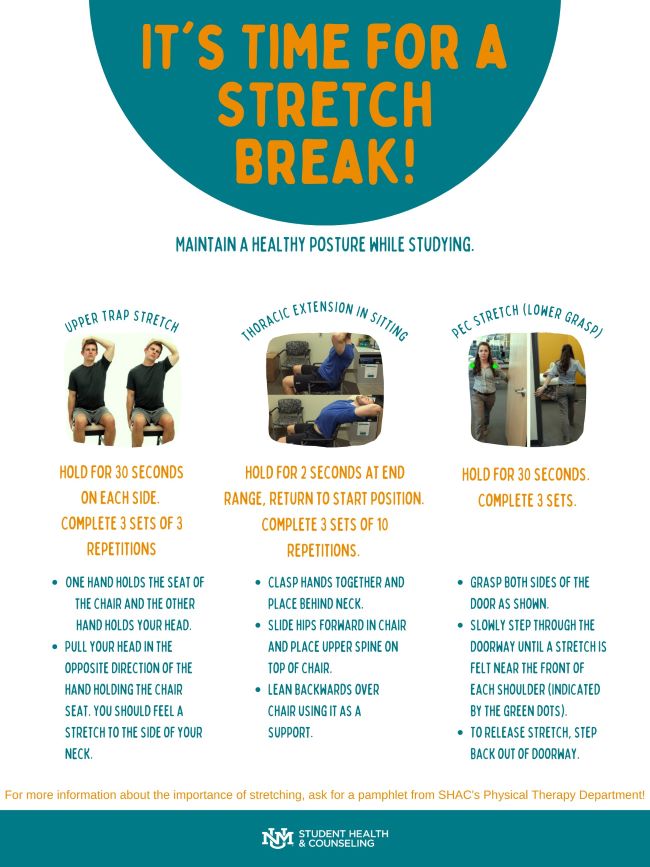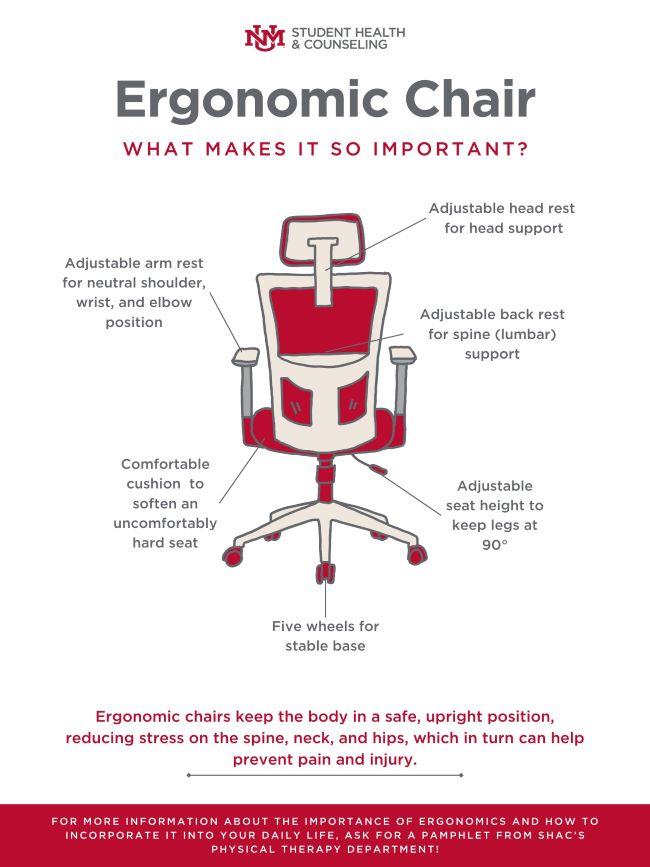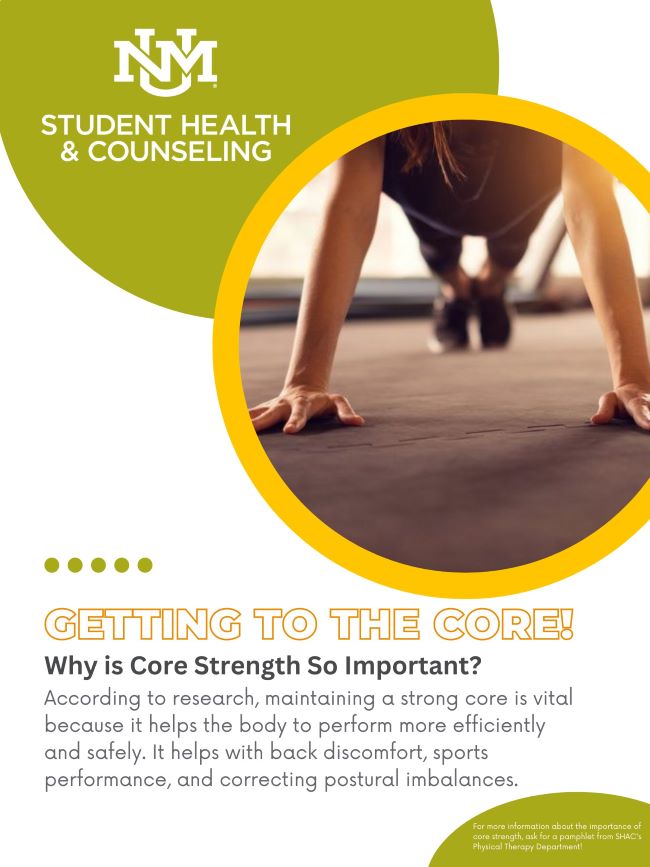Physical Therapy
A physical therapist can diagnose and treat orthopedic disorders or sports injuries involving muscles, joints, and nerves with a recommendation from a medical practitioner. Treatment includes therapeutic modalities, exercise, and manual therapy.
Overview
We provide a variety of therapeutic treatment options that are tailored to each client's specific needs such as:
- Stretching and strengthening programs
- Kinesiotaping
- Spine and joint mobilization/manipulation
- Ergonomics and postural training
- Balancing training
- Soft tissue mobilization methods
- Functional assessments
- Movement analysis
- Therapeutic modalities
- Dry needling
Technique
We believe in a collaborative approach to treatment and actively engage our clients in their own healing process. The client’s participation is essential in identifying and assisting the therapist in prioritizing treatment techniques, goals, and outcomes. Collaboration between therapist and client involves:
- Looking at relationships between anatomical structures
- Muscle imbalances
- Functional goals related to daily activity
- Providing educational support relative to the rehabilitation process.
The number of visits varies depending on the complexity of your condition. Generally, most patients are seen from 4 to 15 times. Frequently, therapy involves uncovering various layers of tissue involvement. As therapy progresses, your clinical picture will change, and treatment will reflect that change. Treatment times can vary from 30 minutes to 1 hour, depending on the complexity of your condition. Occasionally, you will not feel an immediate change from your treatment. However, most clients report changes one to three days following treatment.
For insurance questions, call SHAC (Student Health and Counseling) at (505) 277-3136. More information here: informational handout.
Check out SHAC Medical Staff for a list of current physical therapists.
We are committed to quality patient care and look forward to working with you!
Student Resources!
Three Posture Mistakes You’re Probably Making! How Can You Fix Them?
Studying Long?
It’s Time for a Stretch Break!
Ergonomic Chair
